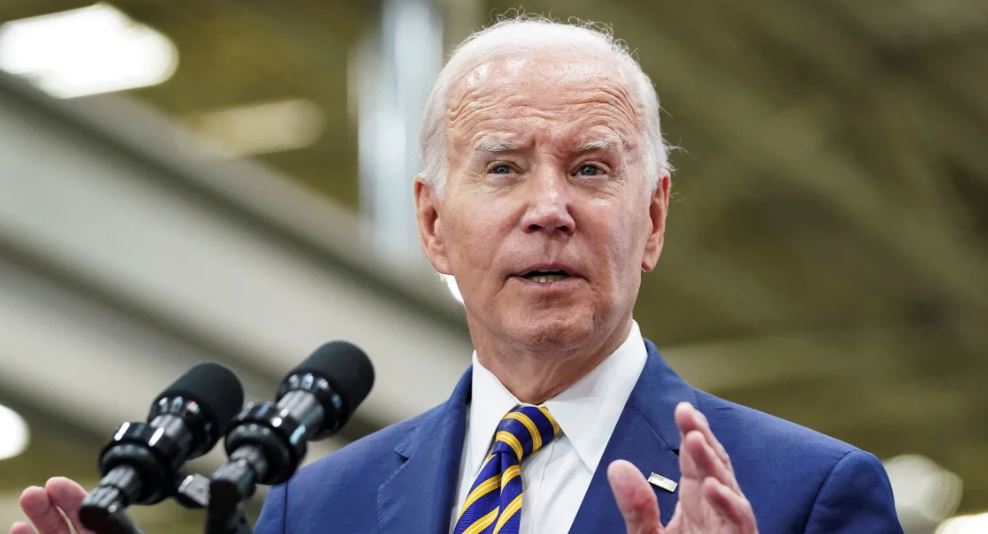US Military Command Revamp in Japan
On July 28, 2024, the United States is poised to unveil a substantial overhaul of its military command structure in Japan. This move is part of a broader strategy to fortify defense partnerships and address escalating regional threats. The announcement, scheduled to be made during high-level security talks in Tokyo, signifies a pivotal shift in US military strategy in Asia.
The forthcoming restructuring includes transforming U.S. Forces Japan into a Joint Force Headquarters, which will report directly to the commander of U.S. Indo-Pacific Command (INDOPACOM). This reconstitution, spearheaded by U.S. Secretary of Defense Lloyd Austin, will see the command led by a three-star general, contrary to Japan’s request for a four-star rank.
Enhanced Defense Collaboration Amid Regional Tensions
The command revamp comes at a critical juncture as Japan seeks to bolster its defense capabilities in response to increasing threats from China and North Korea. Tokyo plans to establish a new joint headquarters by March, aimed at enhancing coordination with Washington.
The meeting in Tokyo will also address “extended deterrence,” a concept denoting the US commitment to deploy its nuclear arsenal to protect its allies. This marks the first time that ministerial talks between the US and Japan will include this critical component of their security partnership.
Japan’s growing defense posture is evident in its recent policy shifts, including a commitment to double defense spending to 2% of its GDP. This represents a significant departure from decades of post-war pacifism and highlights Japan’s proactive stance in regional security.
Strengthening Trilateral and Industry Cooperation
In addition to the military command changes, the talks in Tokyo will underscore the deepening trilateral cooperation between the US, Japan, and South Korea. This collaboration includes real-time sharing of North Korean missile warning data and joint military exercises. The memorandum signed during the talks aims to cement these efforts, reinforcing the strategic alignment of the three nations.
This trilateral partnership also extends to defense industry cooperation. Washington and Tokyo are exploring deeper collaboration under the U.S.-Japan Forum on Defense Industrial Cooperation, a framework established in April 2024. This initiative seeks to alleviate pressure on US defense companies by leveraging Japanese industry capabilities.
The Biden administration’s push for enhanced cooperation reflects a broader strategy to counter China’s growing military assertiveness and address global defense challenges. Following the Tokyo talks, Secretary Blinken and Secretary Austin will engage with the Philippines, further demonstrating the US commitment to a “free and open Indo-Pacific.”
Summary
The United States is set to implement a major military command overhaul in Japan, aimed at strengthening defense ties and addressing regional security threats. This strategic shift includes reconstituting U.S. Forces Japan into a Joint Force Headquarters, enhancing trilateral cooperation with South Korea, and expanding defense industry collaboration. The move highlights the growing focus on countering regional threats and solidifying alliances in the Indo-Pacific region.
Key Learning Points
| Point | Description |
|---|---|
| Military Command Overhaul | The US will restructure its military command in Japan, creating a Joint Force Headquarters. |
| Regional Threats | The revamp addresses escalating threats from China and North Korea. |
| Trilateral Cooperation | The US, Japan, and South Korea will enhance joint military efforts and data sharing. |
| Defense Industry Collaboration | The US and Japan are expanding defense industry cooperation to support global defense needs. |
Soumya Smruti Sahoo is a seasoned journalist with extensive experience in both international and Indian news writing. With a sharp analytical mind and a dedication to uncovering the truth, Soumya has built a reputation for delivering in-depth, well-researched articles that provide readers with a clear understanding of complex global and domestic issues. Her work reflects a deep commitment to journalistic integrity, making her a trusted source for accurate and insightful news coverage.



